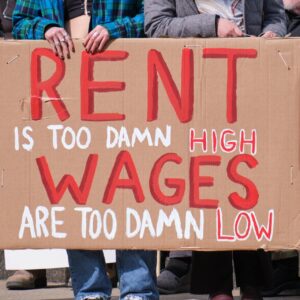As debate rages around price-gouging, Target’s CEO has responded to the growing question of whether the practice has affected the retail giant’s bottom line.
The Price-Gouging Question

Target CEO Brian Cornell has addressed the national conversation around price-gouging after Democratic presidential nominee Kamala Harris threw her support behind a federal ban on the practice earlier this month.
What is It?

Price-gouging refers to the practice of companies and businesses raising prices for products and services by excessive and unfair amounts, usually when those products and services see a surge in demand. It is often connected to inflation.
“Not an Uncommon Occurrence”

“There’s no rule for what qualifies as price gouging, but it’s not an uncommon occurrence,” according to the Harvard Business School Online.
CNBC Interview

Cornell made an appearance on CNBC’s “Squawk Box” on Wednesday last week, where CNBC’s Joe Kernen raised the topic of Kamala Harris’ new stance.
Target and Price-Gouging

He then asked the head of the retail conglomerate if either Target or its competitors ever use price-gouging, or benefit from it in their business practices.
“In a Penny Business”

“We are in a penny business,” Cornell responded, dismissing the idea with references to the relatively thin profit margins seen across the retail industry, including in Target’s own earnings reports.
Compared to Other Industries

He pointed to Target’s most recent earnings call for the second quarter, which reported an income margin rate of just over 6%. “You talk to CEOs who are delivering income of 20, 30, 40%,” he urged.
Relying on Consumer Trust

Target is a retail company that purports to offer low prices for high value, so its business model relies on ensuring customers that they are getting some of the lowest prices compared to their competitors.
Common Price Comparisons

Cornell pointed out that Target shoppers frequently do price comparisons between different stores before making purchases. If they feel Target isn’t offering its usual low prices, the company risks losing business en masse.
“It’s What We Do”

“Values in our DNA,” he told Kernen. “You go back to the brand promise – Expect More, Pay Less – It’s what we do,” later concluding that Target “provides the value consumers are looking for.”
Supported By Past Decisions

His claims that the company responds directly to consumers’ concerns around price, rather than ramping up prices regardless of consumer sentiment, has some merit based on Target’s recent decisions.
Price Reduction of 5000 Items
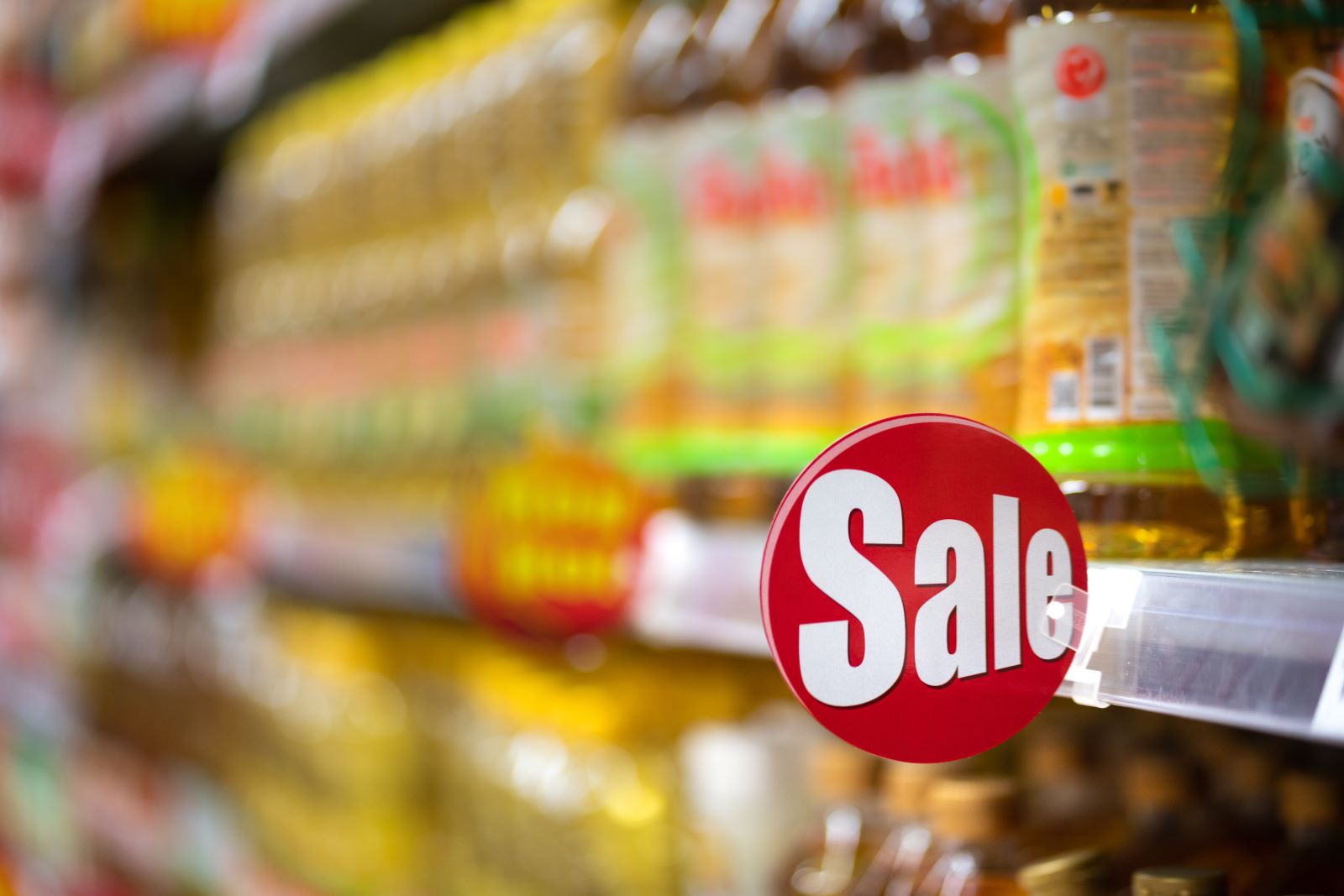
In May, Target announced plans to reduce the prices of more than 5000 items in stores across the country, with a focus on the grocery sector. Staple foodstuffs like milk, meat, and bread were all affected by the price cuts.
Responding to Consumers Needs

The decision was made in response to growing price fatigue across the country, as consumers have reacted to record-high inflation and a cost of living crisis by spending less at fewer businesses.
A Competitive Edge
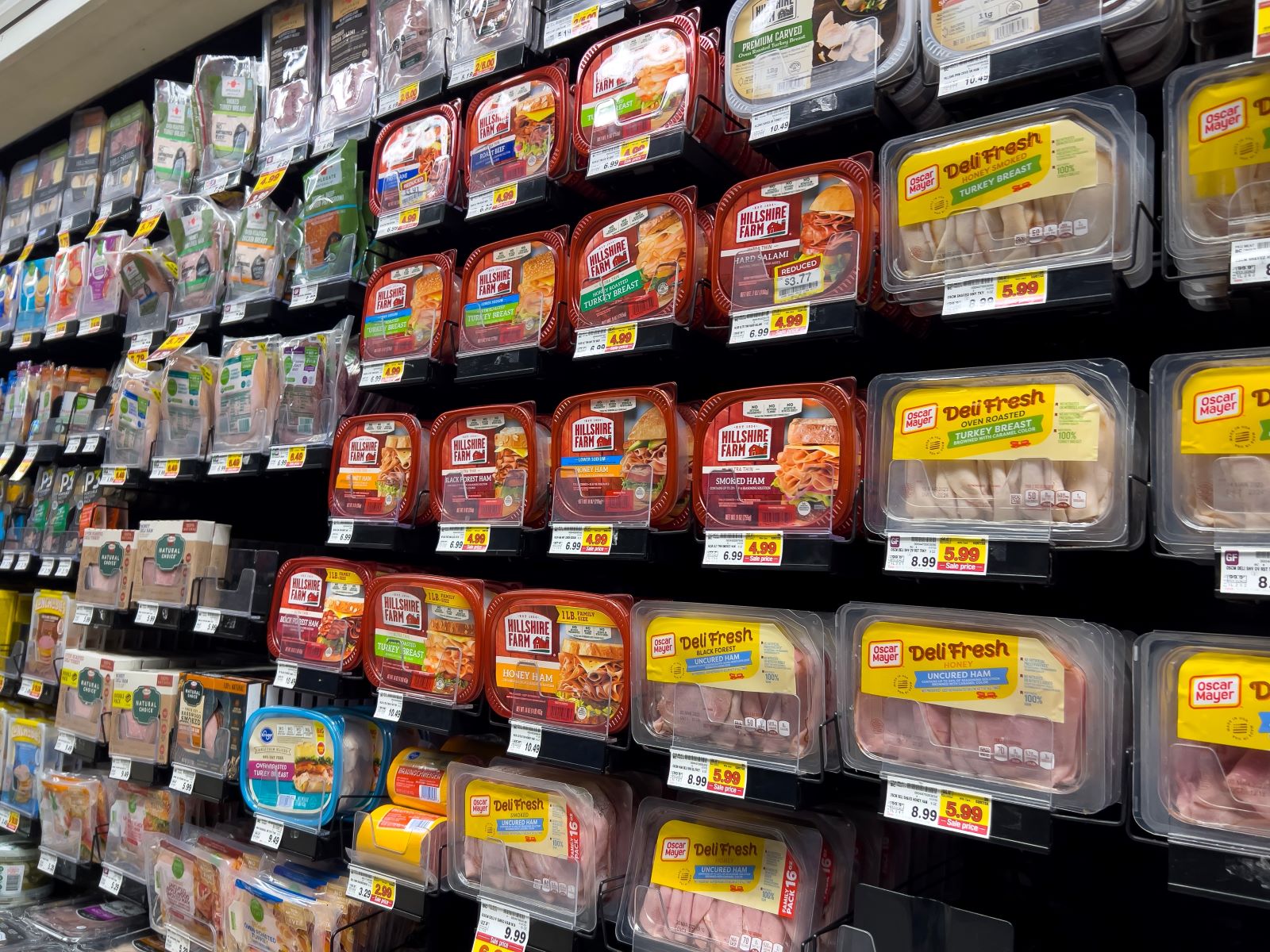
Reducing prices on essential grocery items appealed to customers and made the company more competitive during an unusually tough time for retail profit margins.
“Here to Help”

“We know consumers are feeling pressured to make the most of their budget, and Target is here to help them save more,” said Rick Gomez, the executive vice president and chief officer of the food, essentials, and beauty department, in a statement announcing the price cuts.
The Savings Add-up

“Our teams work hard to deliver great value every day, and these new lower prices across thousands of items will add up to additional big savings for the millions of consumers that shop Target each week for their everyday needs,” he concluded.
Harris’ First Economic Policy Proposal
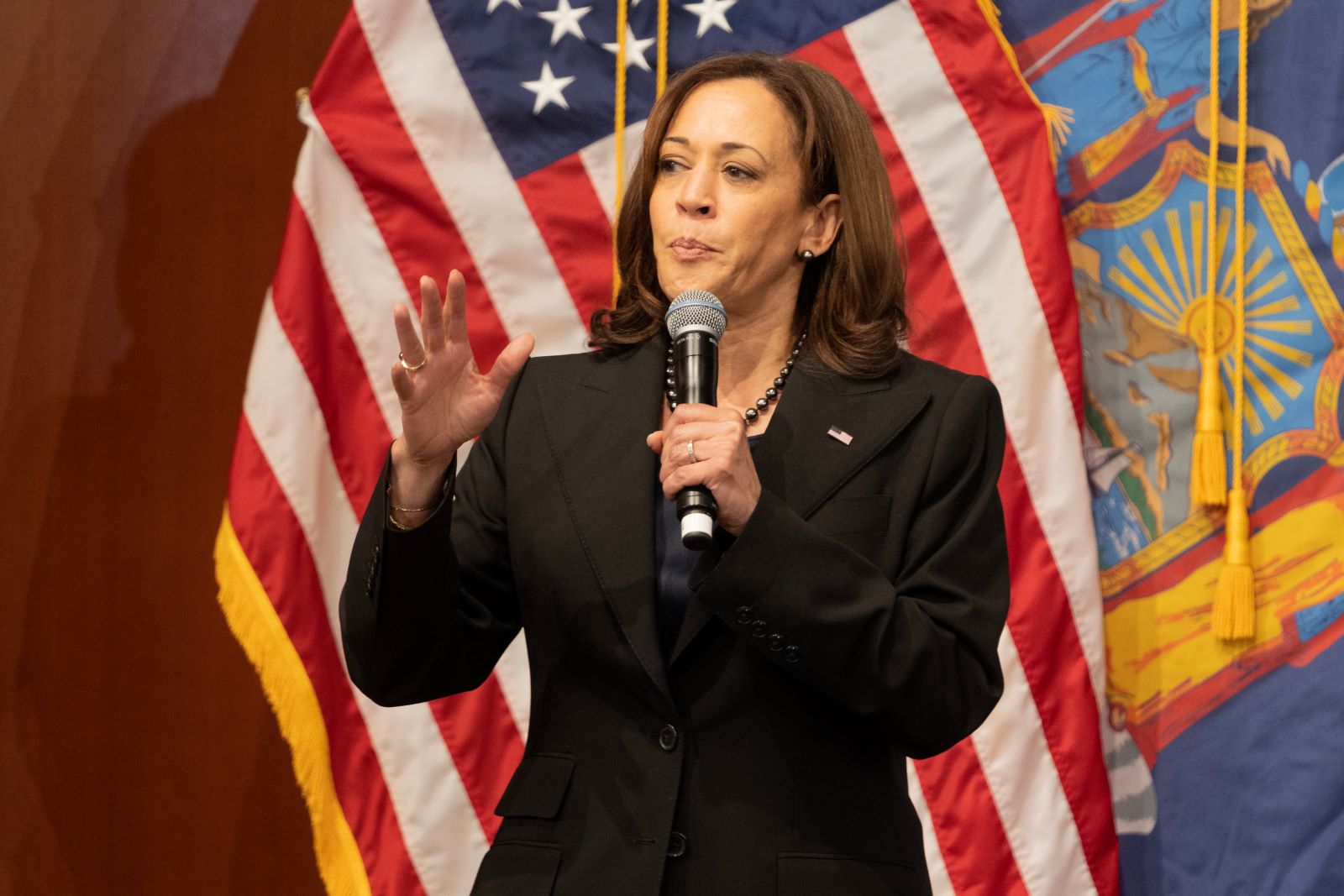
Kamala Harris’ recent stance on price-gouging in the grocery sector was the first official economic policy proposal in her recently anointed presidential campaign, and quickly fell under the scrutiny of Republican detractors.
“First-Ever Federal Ban”
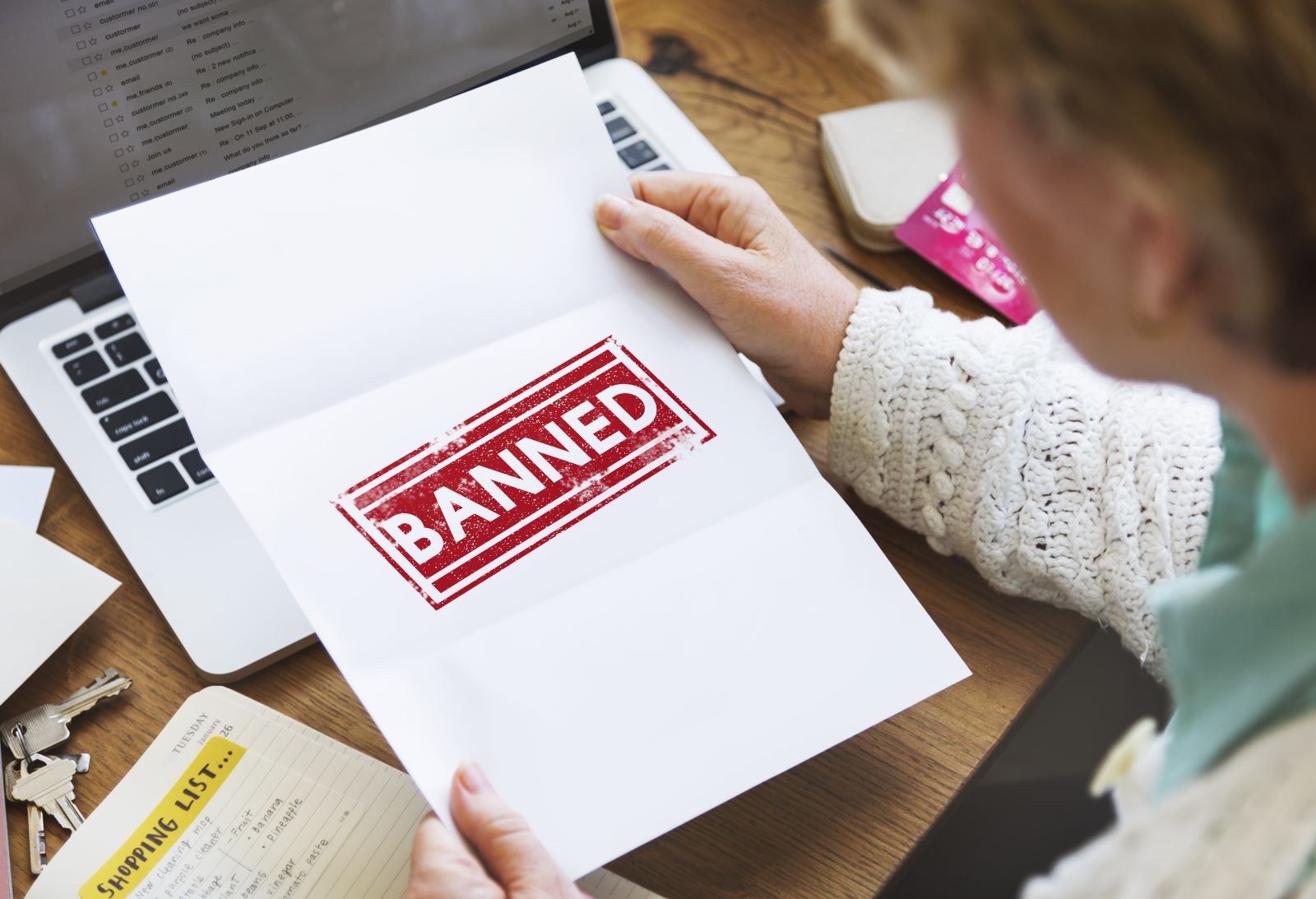
“To combat high grocery costs, VP Harris to call for a first-ever federal ban on corporate price-gouging,” the Harris campaign said in a news release earlier this month, with Harris vowing to target “bad actors” who artificially inflate grocery prices.
Praise and Criticism

The announcement appealed to consumers who have been hit hard by a 20% increase in food costs during President Joe Biden’s term in office. But it was slammed by Republicans who branded it a “communist” proposal, with Donald Trump referring to it as “SOVIET Style Price Controls” on social media.
Economists Are Unimpressed

Some economists have also been critical of the proposal, with Peterson Institute for International Economics senior fellow Gary Hufbauer telling the AFP that it is “a pretty successful political argument” with “no economic basis.”
Millennials Are Over It: 25 Reasons Woke Culture Is Losing Its Charm

Has the push for progress tipped too far into preachiness? Here’s why many Millennials might think so. Millennials Are Over It: 25 Reasons Woke Culture Is Losing Its Charm
Is It Time Boomers Paid the Price for America’s Economic Inequality?

The American Dream feels more elusive than ever, especially for younger generations. What was once achievable through hard work now faces significant hurdles, from skyrocketing college costs to the challenging pursuit of homeownership. Here’s a look at why it’s tougher for Millennials and Gen Z compared to Baby Boomers. Is It Time Boomers Paid the Price for America’s Economic Inequality?
Rent Crash in California: Landlords Scramble as Prices Take a Hit

California’s rental market is taking a nosedive, with major cities seeing huge drops in rent prices. Rent Crash in California: Landlords Scramble as Prices Take a Hit
Featured Image Credit: Shutterstock / Sundry Photography.
The content of this article is for informational purposes only and does not constitute or replace professional advice.
The images used are for illustrative purposes only and may not represent the actual people or places mentioned in the article.



